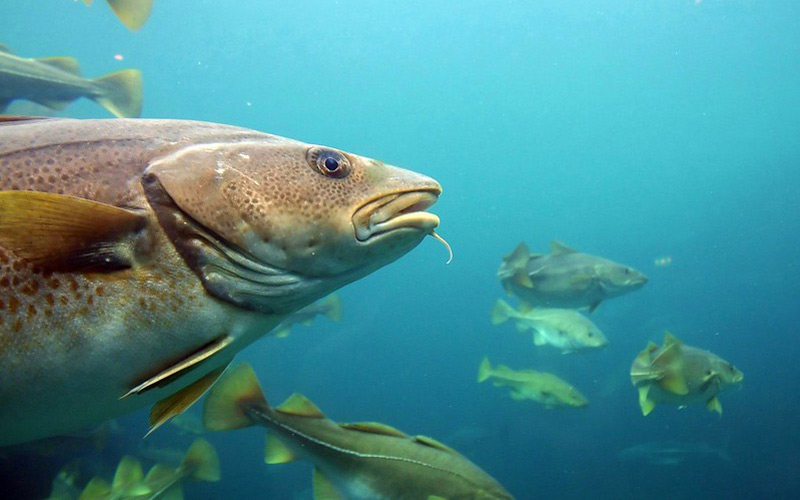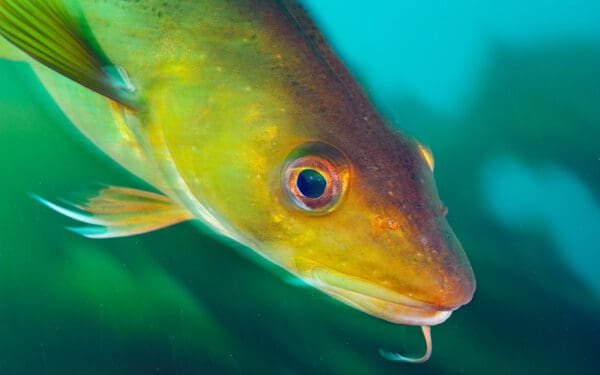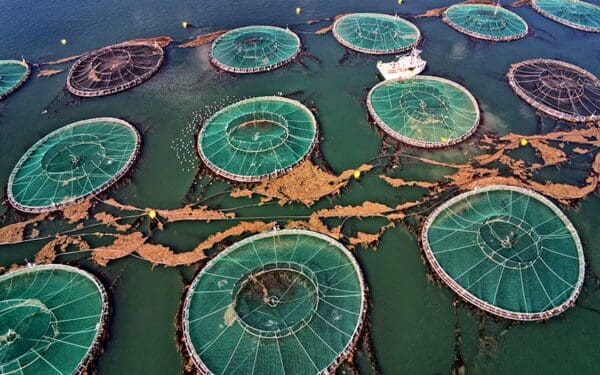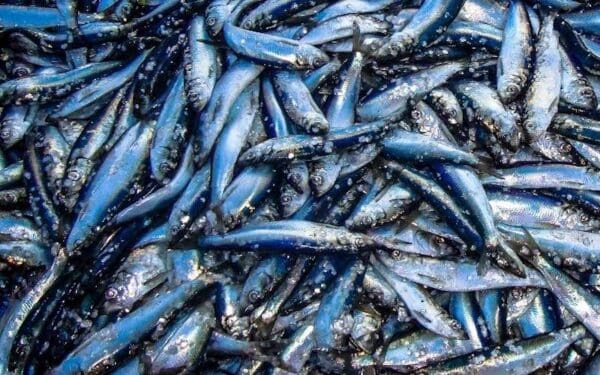
New England's Atlantic cod fishery is in crisis. But it's not too late. Regional fishery managers have a third opportunity to create a successful rebuilding plan. Photo: Joachim S. Müller.
Roughly two years ago, CLF threw a Hail Mary pass to restore Atlantic cod. We filed a petition asking the federal government to end overfishing and rebuild Atlantic cod in New England waters. We recommended five conservation and management measures to recover this most iconic fish species. Recently, the government denied our petition. But, our fight to restore the cod fishery to its former glory started long ago and we are not giving up.
Atlantic Cod Is in Crisis
Atlantic cod were once so plentiful in New England that it is said you could walk across the water on their backs. But decades of overfishing and risky management decisions have decimated local cod. Our country’s oldest fishery has collapsed, jeopardizing the future and livelihoods of fishing communities.
Under federal law, when a population is overfished, fisheries managers must act. This means they must develop management measures to immediately end overfishing and rebuild the population. This should be done in as short a time as possible and take no longer than 10 years.
Despite this legal mandate, Atlantic cod has been overfished in New England for over three decades with few signs of rebuilding. That’s why CLF asked the federal government to intervene.
But the federal government refused to take management away from regional managers. Instead, it left the fate of cod in the hands of the New England Fishery Management Council, in hopes that this time will be different.
Can Cod Be Saved?
We are deeply disappointed with the federal government’s decision to deny our petition. But there is still hope to recover our cod fisheries, and we will not give up. For decades, CLF has urged managers to do more to protect Atlantic cod, and we are encouraged by recent steps in that direction.
Over the last few years, joined by thousands of members, CLF and partners pressured regional and federal managers to more accurately collect the data needed to manage cod. Recently, the federal government approved 100% at-sea monitoring in the groundfish fishery. Thanks to this change, managers and scientists will have access to better data to set sustainable catch limits and ensure our fisheries can make a comeback.
Also, in response to cod’s continued poor status in the Gulf of Maine, the federal government has instructed the Council to develop a new rebuilding plan.
The new plan will be the Council’s third attempt to recover cod. Using the latest available science, the Council must learn from the past and step up on this new opportunity to set cod on the path to success. Cod cannot wait any longer – the third time must be the charm.
Fighting for Stronger Fisheries Law
The denial of our petition has made it clear that our federal fisheries law, the Magnuson Stevens Act, needs to be strengthened to hold fishery managers accountable.
Currently, when a population is overfished, the Council develops a rebuilding plan and, upon approval, the federal government implements it. This has led to some regions having weaker management of certain fisheries – like New England’s management of Atlantic cod. This must change. The federal government must have more legal authority to ensure that a successful rebuilding plan is developed right from the start. And they should also be required to intervene if the Council repeatedly fails to rebuild an overfished population.
CLF has long advocated for a science- and conservation-based fisheries law. We will continue our work educating members of Congress about the need to strengthen Magnuson-Stevens Act.
What is next for Atlantic cod?
In the upcoming years, fishery managers will have to make important decisions for the future of cod. CLF will continue to keep the pressure on so that managers move with the urgency that cod needs. We are taking a multi-prong approach to restore our cod fisheries. CLF’s action plan includes:
- Push regional managers to develop a successful rebuilding plan for Gulf of Maine cod
- Encourage effective implementation of 100% at-sea monitoring
- Advocate for science-based catch limits that end overfishing and help rebuild cod while accounting for climate change
- Advocate for increased protection of spawning areas and other important cod habitat
Your support has been critical to our advocacy efforts to protect our fisheries. As we continue to fight for cod, your voice will be key to securing better management measures to recover cod in New England. Stay tuned for more opportunities to make to speak up for cod and fishing communities.




